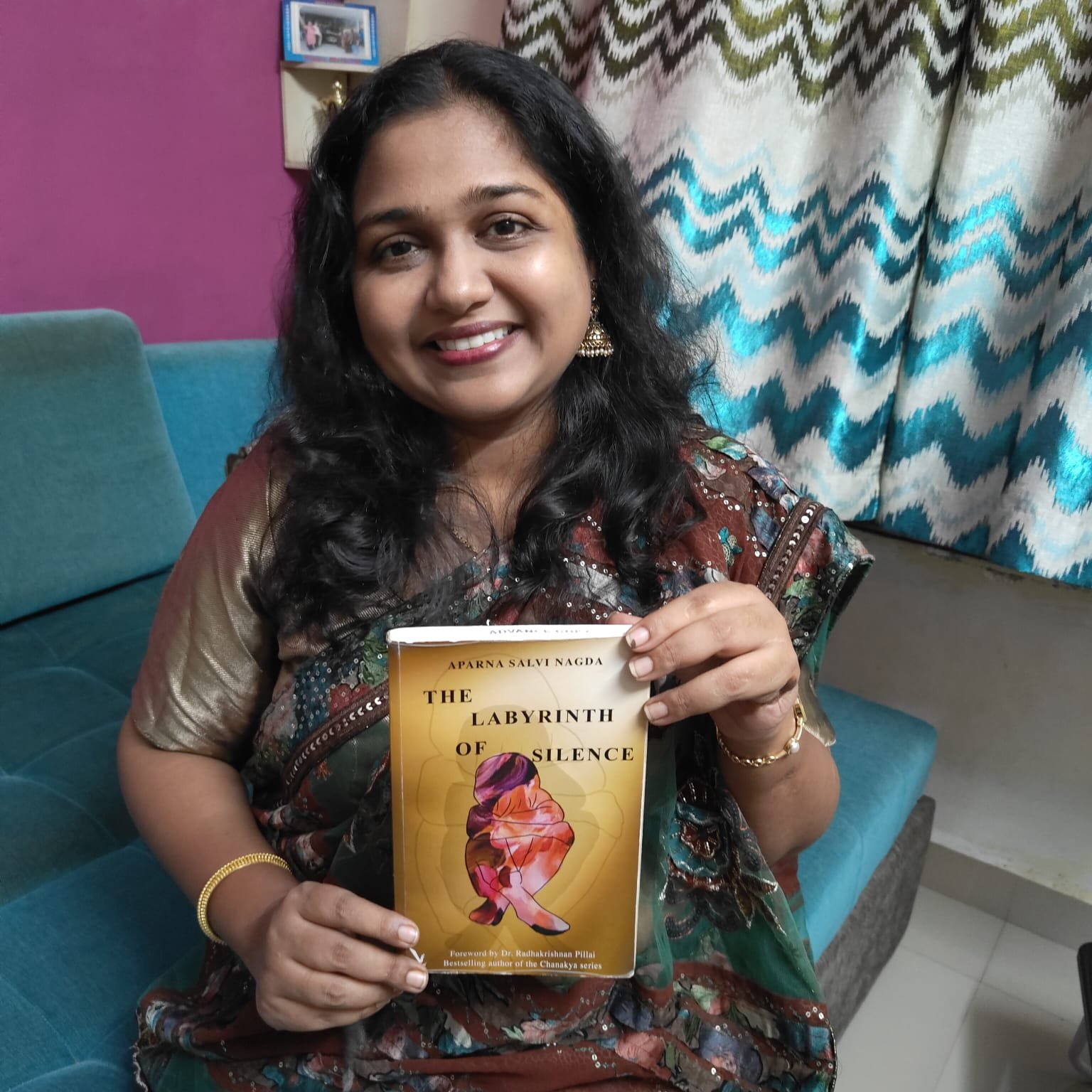Today, I wiped off the house number
on my door,
erased the name of my street, and more.
Wherever I found signs giving people directions,
I rubbed them clean.
But if you still somehow mean
to find me,
knock on every door, in every street,
of every city and country—keep guessing.
This is a curse, this is a blessing—roam.
And wherever you find a free spirit,
know that is my home.
Only Amrita Pritam can convey such clarity and emotion in a handful of words, touching the reader’s soul. When asked for her address, she didn’t refer to a physical space built of bricks and cement, nor did she call her lover’s heart her home. To Amrita, home is wherever she is free—untamed and untethered.
The UN Calls Home the Most Dangerous Place for Women
Reading this report, dated November 27, 2024, on India Today’s Twitter account, made my blood boil. How can a woman feel unsafe in her own home? As Indians, we are still debating how to secure streets, malls, trains, and offices for women, and now the UN shows that the threat lies within our walls—from loved ones.

How are we supposed to fight strangers when we’re still learning to deal with family?
As I voiced my outrage, the accusations in my mind softened. I realized that while strangers pose external threats, feigned friendships and so-called trusted relationships are the deeper, unexpected betrayals women face.
Why Homes Can Destroy A Woman
Building a home comes with immense responsibility, often disproportionately placed on women. From choosing cushion covers to covering up a child’s poor academic performance, the woman becomes answerable for all.
This unequal burden is humorously yet pointedly depicted in reels showing what holidays mean for men versus women. While men often relax, women take on additional shifts of cooking, cleaning, managing school projects, and preparing for the next day’s battles.

To the outside world, a woman may be assertive, sending termination letters and memos at work. Yet at home, fearing disruption and commotion, she stays silent. She may fend off a stranger’s advances in public, but she often lies still in response to her husband’s demands, her voice silenced by societal norms. Even her tears betray her years later, wetting pillows as she sleeps.
Even in seemingly harmonious homes, she carries the weight of pleasing her in-laws and ensuring everyone’s happiness, often at the cost of her own.
Kiran Rao Calls Marriage Stifling
For many women, home is synonymous with marriage. Before that, they often feel like paying guests in their parents’ homes. Post-marriage, they lay the foundation of a new home, consulting everyone from their husbands to distant relatives on every decision.
In nuclear setups, women often sacrifice their careers to raise children, hoping to build better homes for the next generation. In joint families, the line between the helper and the woman of the house blurs.
When Home Becomes a Graveyard
Domestic abuse, dowry deaths, and incidents of violence have turned homes into places of silent suffering. Behind closed doors, where society assumes women are safe, their dreams, desires, and voices are often buried. These doors, meant to protect, become barriers trapping their agony inside. The only force strong enough to break this cycle is the woman’s own willpower.
Independent Homes: A Haven
Creating and maintaining a family home is Herculean—both financially and emotionally. Increasingly, women are choosing independent living spaces. These are homes not for families but for themselves.
In an interview with Brut, Kiran Rao shared how divorcing Aamir Khan allowed her creativity to bloom. Their marriage wasn’t unhappy, but she needed space free of responsibility for others.
Closer to home, my friend Dr. Mugdha Joshi, a leading lactation consultant in Mumbai, lives on a separate floor from her husband within the same apartment building. They are happily married and deeply in love, but this arrangement preserves her sanity. While her husband thrives on socializing and late-night Netflix binges, she values silence and early nights. Their son thrives with two loving homes.
This setup revolutionizes the concept of home for women, offering autonomy and balance.
A Call for Change
Perhaps women like Amrita Pritam and Dr. Mugdha Joshi should present papers at the UN advocating for a woman’s right to an independent home.
As for me, I wrote this article on short notice today because, luckily, there was no one at home.

Aparna Salvi Nagda
Dr. Aparna Salvi Nagda is a consulting homeopath by profession and writer by passion. The Labyrinth Of Silence is her first full-length novel while previously she published Not So Grave, a novella, on Kindle. You can reach out to her at aparnanagda04@gmail.com

















Facebook Comments